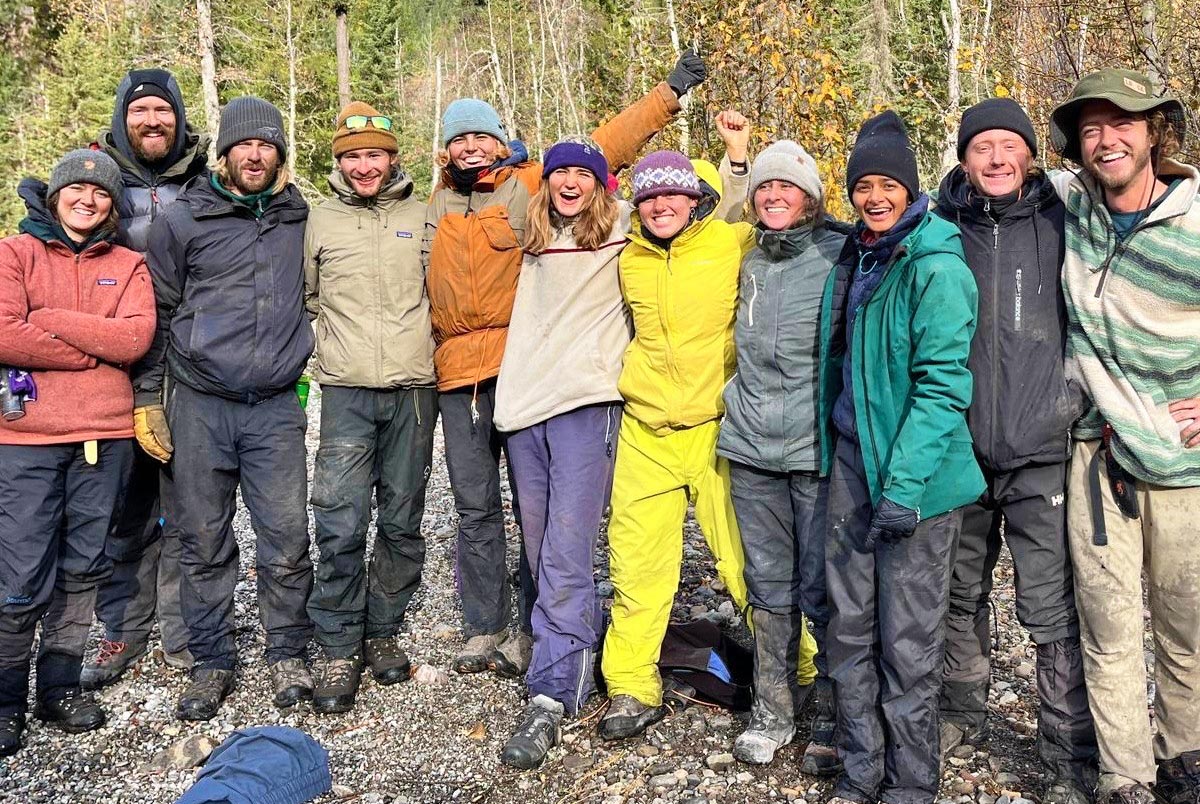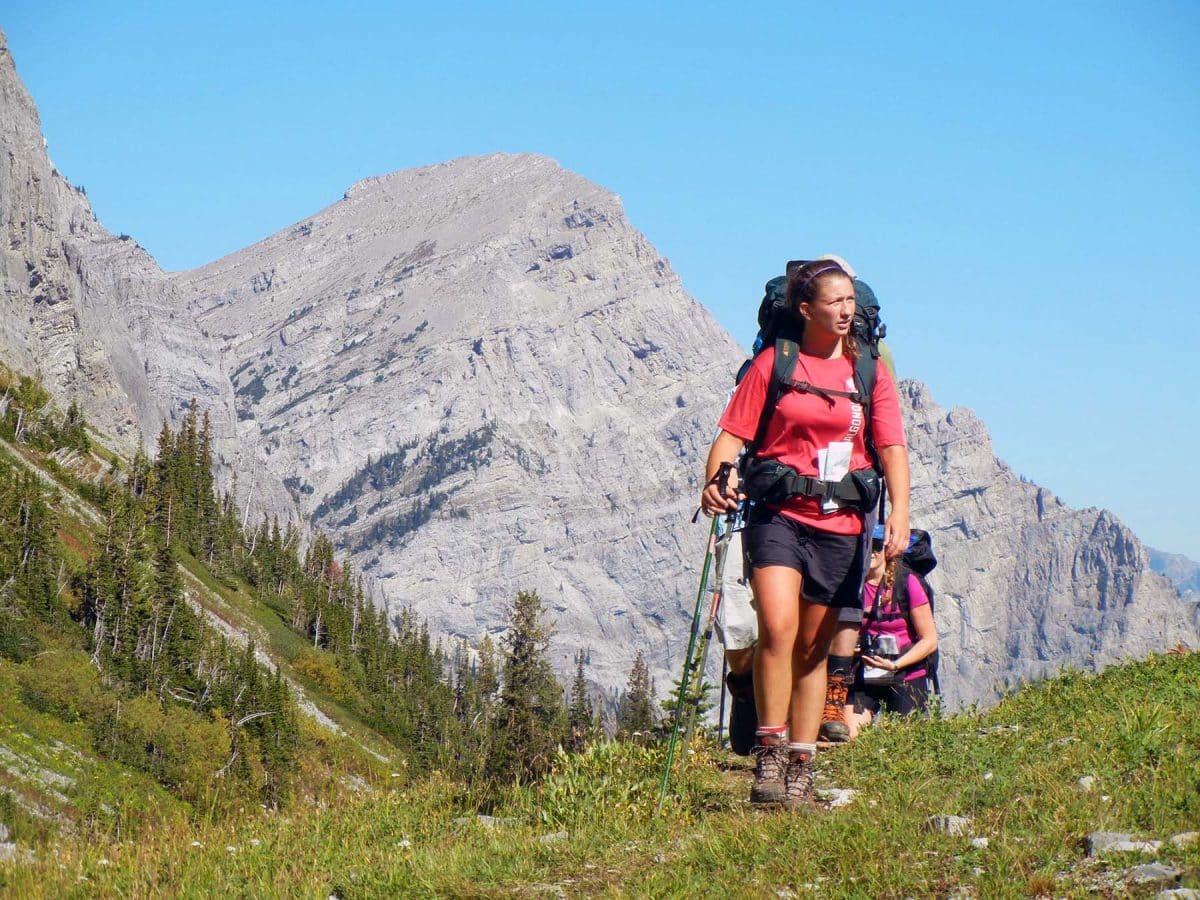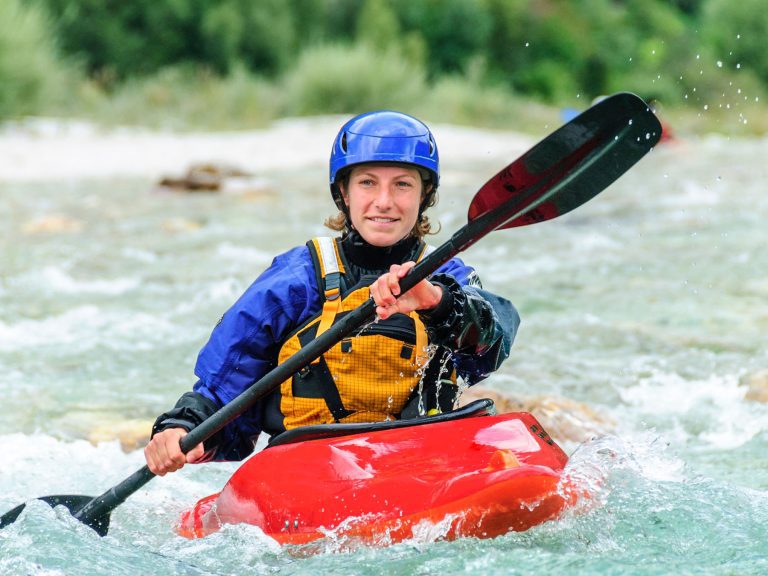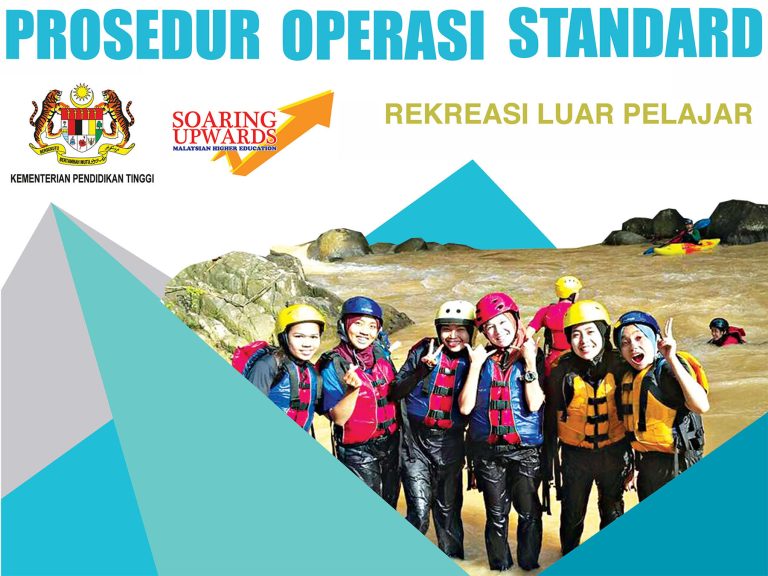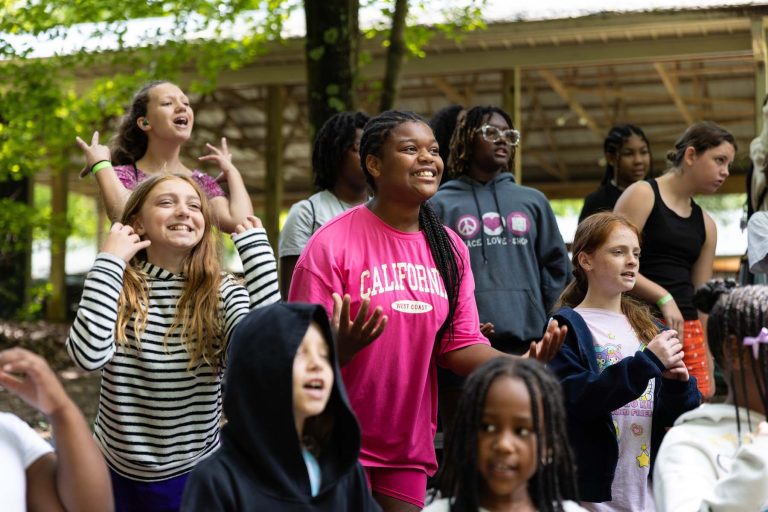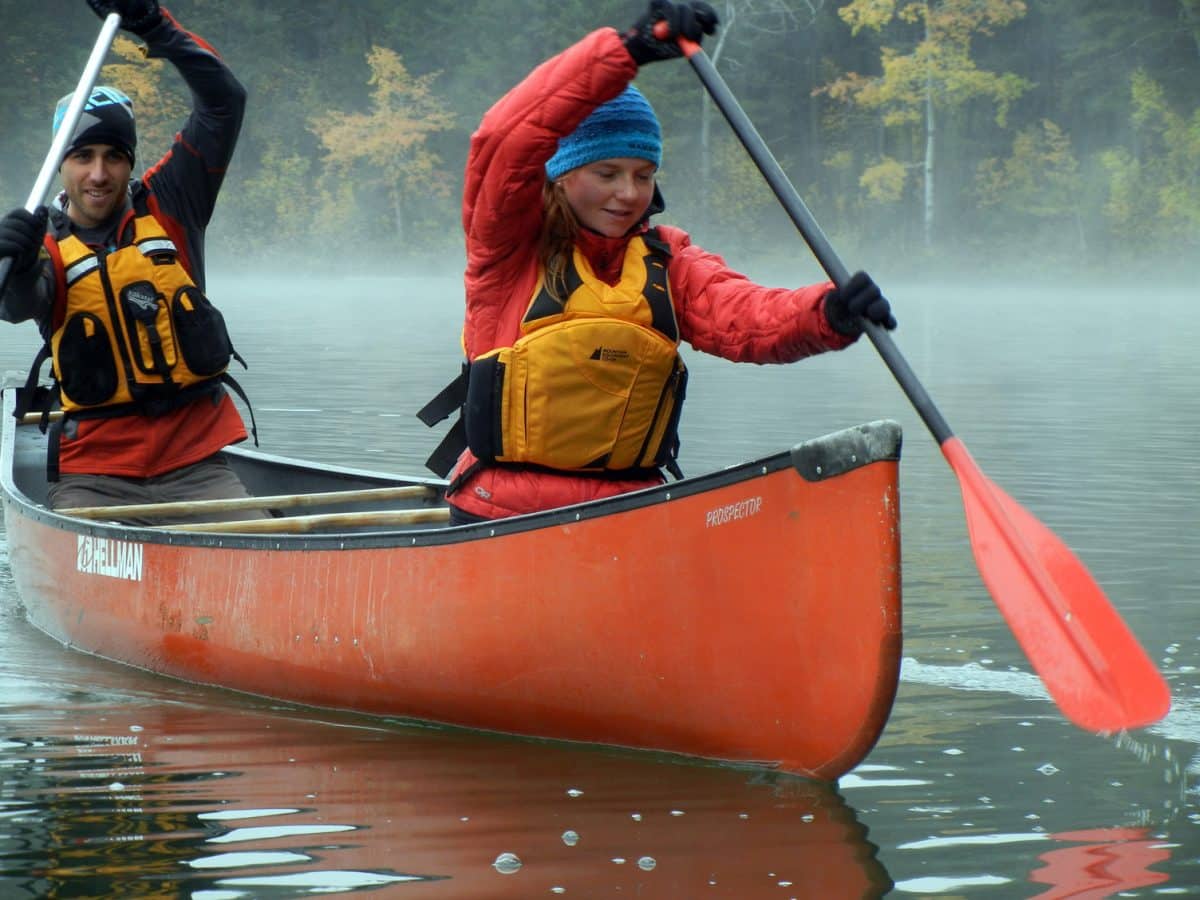
Viristar delivered a three-hour workshop on the science of safety, and how it can be applied to adventure tourism operations, to the 2024 cohort of the Mountain Adventure Skills Training program at the College of the Rockies in Fernie, British Columbia, on the west side of the Canadian Rockies.
The workshop was part of the program’s Risk Management in Adventure Tourism three-credit course, in which learners explore legal and industry standards for risk management in Adventure Tourism. Course topics include the guide’s role in managing risk, the Canadian legal system, developing a risk management plan, the role of insurance, and legal releases.
Viristar’s workshop covered the value of applying academic research on safety to the adventure and outdoor recreation sectors; an overview of 100 years of thinking about incident causation, including human factors, integrated safety culture, and resilience engineering; a review of outdated and contemporary theoretical models including the domino theory, fault tree analysis (fishbone diagram), epidemiological modeling including the Swiss Cheese model, and complex systems theory-informed approaches.
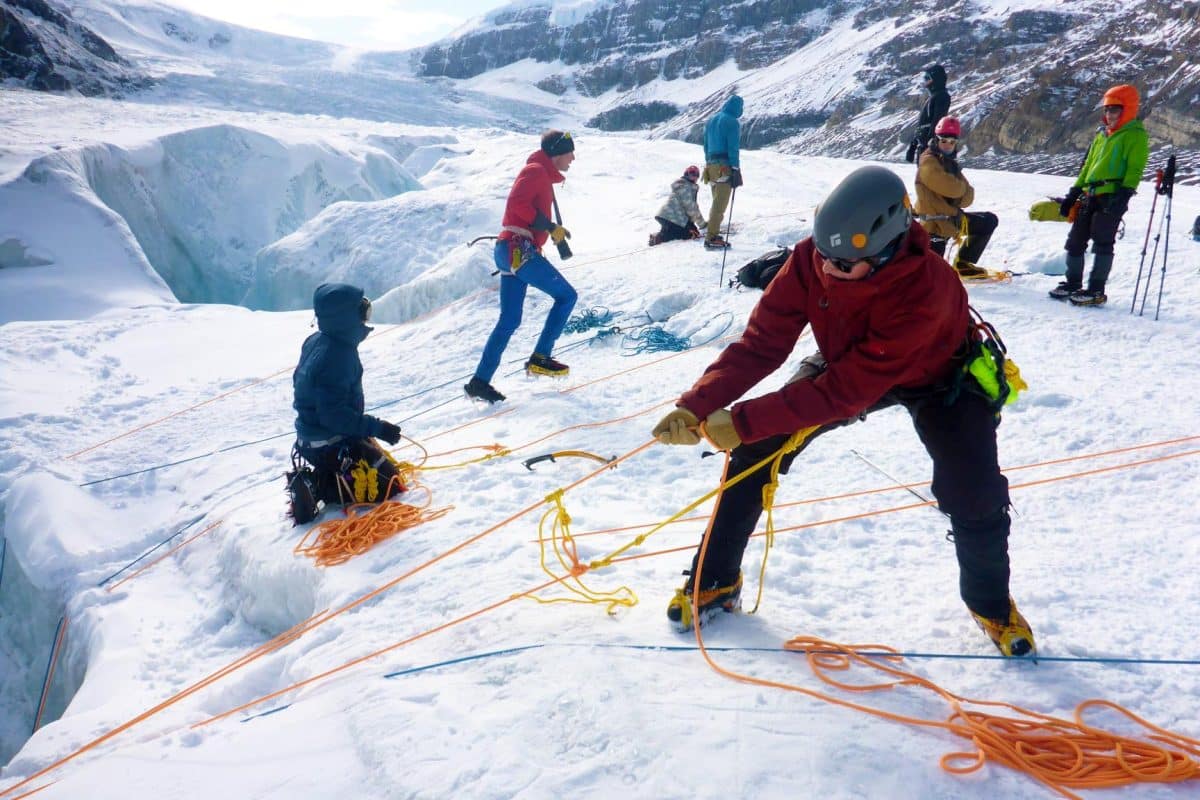
The workshop introduced AcciMap and the Risk Domains model, discussed uses and limitations of probabilistic risk assessments, introduced the concept of Just Culture, and looked at how to evaluate and improve safety culture in an organization. Participants completed self-assessments of the risk management measures of an adventure program of their choice.
The workshop concluded with a case study of a drowning incident in Mangatepopo Gorge in New Zealand, and an analysis of the incident’s contributing factors across various risk domains.
Students brought their own experiences of safety management to the workshop session. One recounted working in the Northwest Territories as a fishing guide, where safety measures and safety communications were sometimes imperfect.
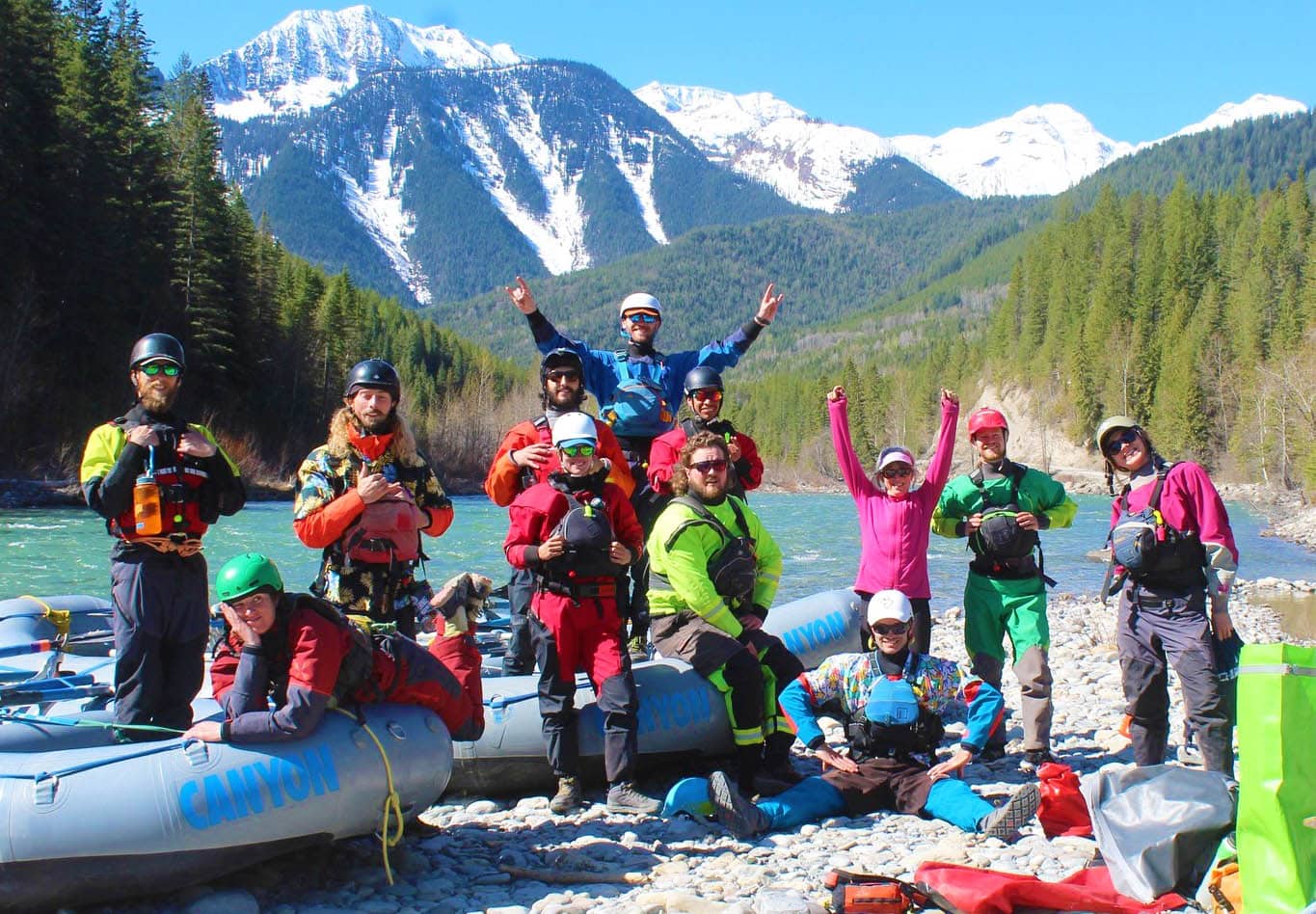
Another student shared their experience working in the outdoor education sector in India, where leading outdoor organizations show a strong commitment to safety, but where improvement opportunities remain.
Another participant reflected on how safety improvements are often driven by response to tragedy, rather than as a proactive measure, noting their experience in a previous occupation where, in their words, “safety culture only took steps forward when there was an accident…people only stop and reflect when someone is hurt or killed.”
This led to a conversation about the role of risk management standards and regulations for the adventure sector, which can propel lasting improvements in safety outcomes across the entire industry.
Viristar has provided a workshop as part of this course each year since 2021, continuing a collaboration initiated in 2014 with the Iceland branch of a Canada-based adventure tourism training program.
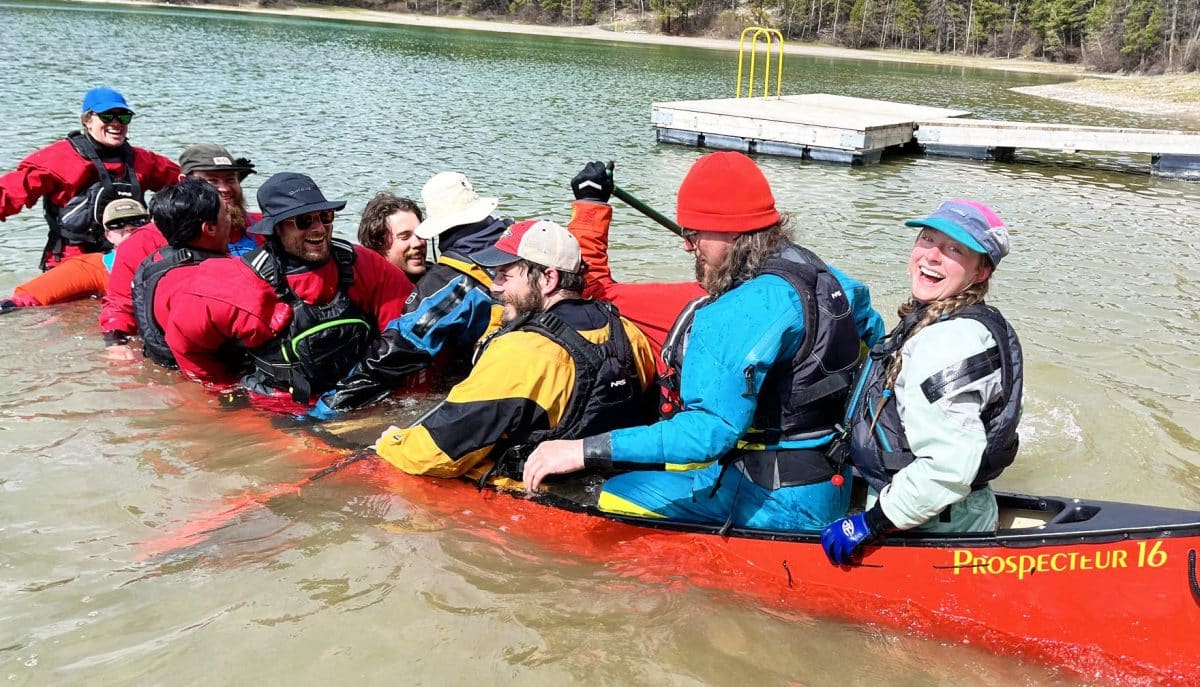
The Mountain Adventure Skills Training program is a nine-month experience, most of which is spent outdoors. Participants learn mountaineering, rock climbing, back-country skiing, wilderness travel and avalanche skills, and can earn certification as a ski or snowboard instructor and in whitewater raft guiding.
Graduates from the program have gone on to become Association of Canadian Mountain Guides-credentialed Ski, Rock, and Hiking Guides; ski patrollers, ski/snowboard instructors, adventure business owners and operators, and adventure tourism activity leaders and operations managers across Canada and abroad.
The certificate program can lead to a diploma or four-year degree in Adventure Tourism, Outdoor Adventure, or Adventure Tourism Business Operations.
Canada is known for its magnificent wilderness landscapes and adventure opportunities. In addition to working with a variety of organizations in British Columbia, Viristar has also provided outdoor and adventure safety training for Canadian outdoor, experiential learning, educational travel and adventure professionals in Alberta, Manitoba, Ontario, Quebec, Saskatchewan and the Yukon, as well as in over 70 other countries globally.
